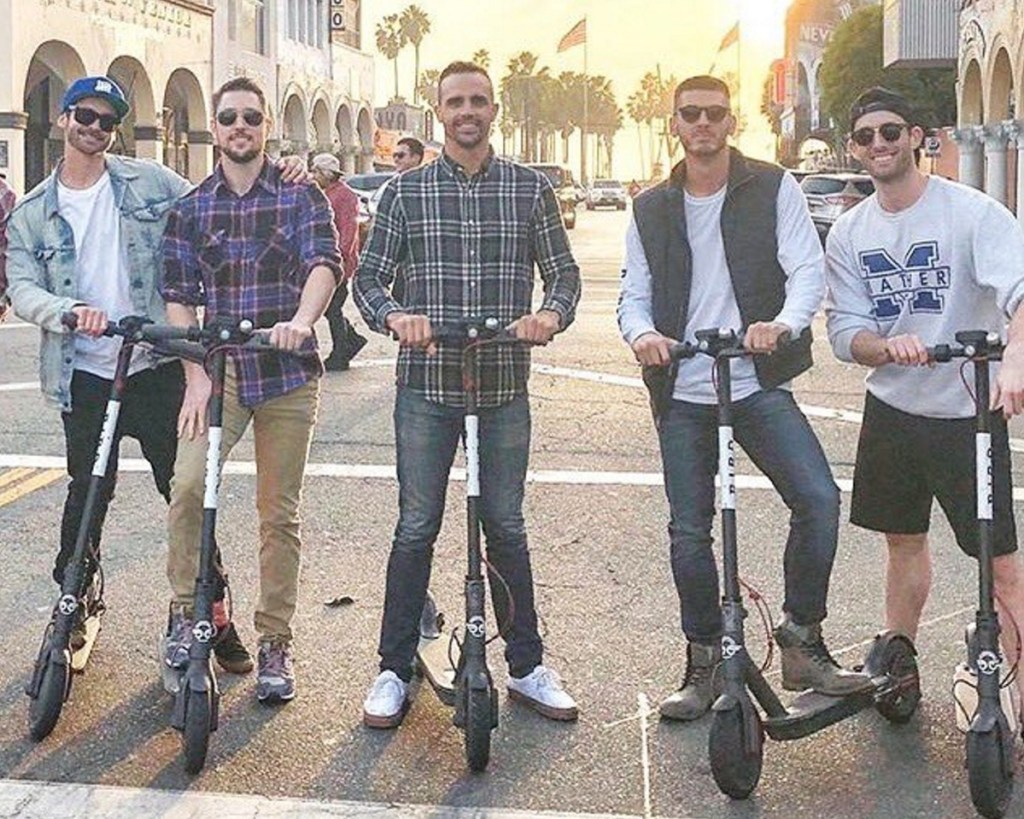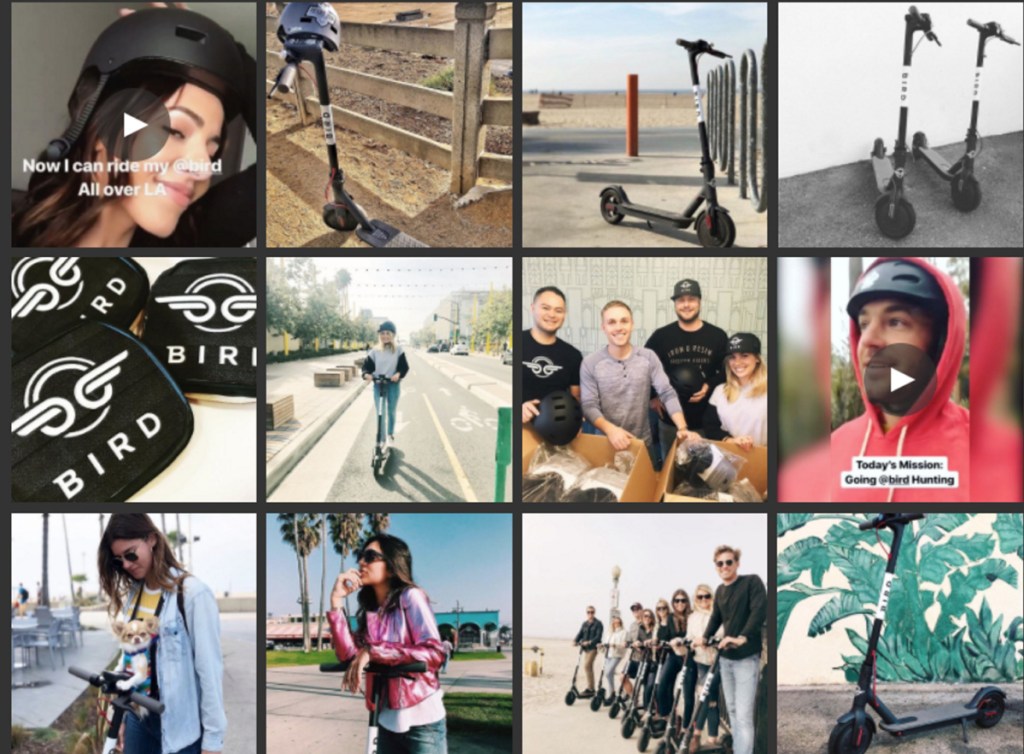SANTA MONICA, Calif. — Black electric-powered scooters suddenly began appearing on the downtown streets, suburban sidewalks and beachside a few months ago in this urban coastal city.
The dockless shared scooters took Santa Monica by surprise, including the mayor, who says he received a LinkedIn message from Bird chief executive Travis VanderZanden, offering to introduce him to the company’s “exciting new mobility strategy for Santa Monica” – after they landed in town.
“If you’re talking about those scooters that are out there already, there are some legal issues we have to discuss,” Santa Monica Mayor Ted Winterer said he told VanderZanden.
And to reinforce the point, the city filed a criminal complaint of nine counts centered on Bird’s failure to obtain a vendor permit, something the company maintains is applicable to food vendors, not dockless shared electric scooters.
The criminal case by a cornerstone city of “Silicon Beach” against an electric scooter company illustrates the continuing challenges, years after the onset of now-massive shared economy companies such as Uber and Airbnb, that arise when integrating new technologies, even when those technologies help solve stubborn civic problems such as traffic congestion. At the root of the battle between Bird and the city of Santa Monica is an issue that has increasingly confronted municipal governments when facing new tech and business models – a lack of directly applicable existing regulation and precedents.
“These scooters literally just began showing up on our streets last fall,” said Anuj Gupta, Santa Monica’s deputy city manager and director of policy. “The challenge is that they decided to launch first and figure it out later.”
A Bird representative says the company did reach out to the city before putting its scooters on the streets, but the company notes that Santa Monica has at least five city departments that could be involved in regulating its business.
Expected or not, the scooters have been a hit. More than 40,000 people have taken a ride since the company began operating in September. Users download an app and pay $1 plus 15 cents a minute to ride them.
In addition to the permit dispute, the city has raised concerns about safety. California law requires motorized scooter riders to be at least 16 years old, to have a valid driver’s license, to wear a helmet and to not ride on sidewalks.
The Santa Monica Police Department has made 281 traffic stops and issued 97 citations between Jan. 1 and Tuesday, and the Santa Monica Fire Department has responded to eight accidents involving Bird scooters. Minors and adults have been injured, including a head trauma incident and an arm fracture, authorities say.
Bird has taken a number of steps to encourage and educate its riders to follow the law, including a free helmet program and adding stickers on the floorboards of the scooters listing safety regulations. During the first weekend of a helmet giveaway in January, 1,800 riders requested a helmet, according to the company. A company spokesman said Bird plans to begin running advertisements that will feature safety information.
The company also shuts down its network at 8 p.m., picks up the scooters and takes them to a nearby facility, where they are recharged.
“The fact that they launched first and now are doing this process makes it more difficult to change the behavior of folks,” Gupta said. “People have been riders on these scooters for months, without helmets, with young people on them, so there’s a sense of this is how they’re meant to be ridden.”
The challenges cities experience when integrating and regulating new technologies probably will continue to increase in complexity, experts say. Airbnb’s head of global policy and public affairs, Chris Lehane, said this is just the beginning.
“Compared to the issues that are coming behind us, this is like a lemonade stand,” said Lehane, whose company connects renters with available private properties. “If you have a difficult time figuring out how to deal with scooters, what are you going to do when cryptocurrency is around the corner?”
Gupta said the existing regulatory framework wasn’t built for the new scooters but also that the city understands there will be similar issues in the future.
“We recognize that Bird is just the tip of the iceberg,” Gupta said.
In many cities, officials are impeded not just by regulatory tools that might not yet exist, but also by siloed departments.
“We had regulations and operational activities that didn’t look at a system,” said Stephen Goldsmith, a Harvard University professor and former deputy mayor of New York City, talking about his efforts to integrate ride-sharing companies in New York City. “No one was thinking about mobility; everybody was thinking about how you regulate a particular slice of it.”
Send questions/comments to the editors.




Comments are no longer available on this story